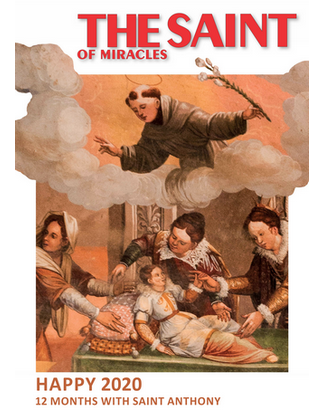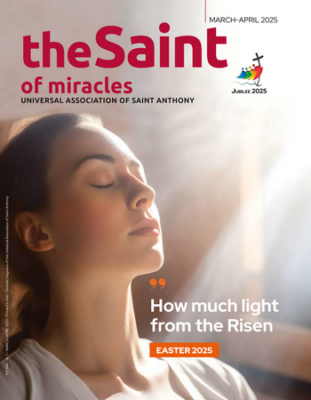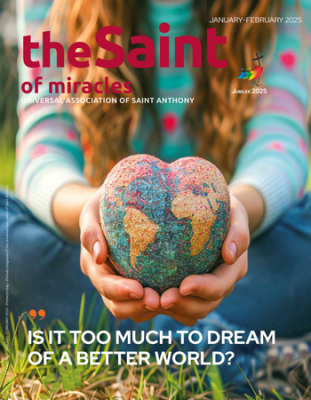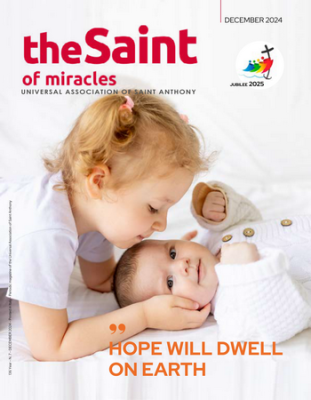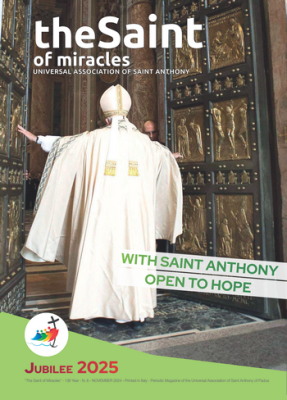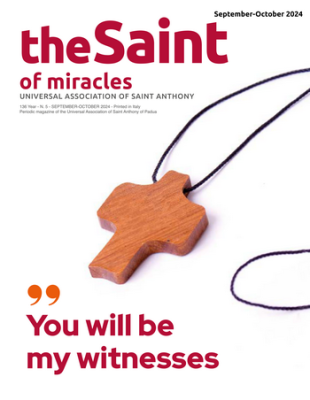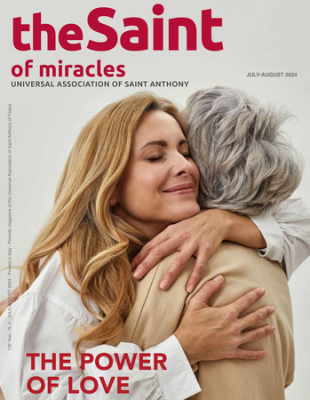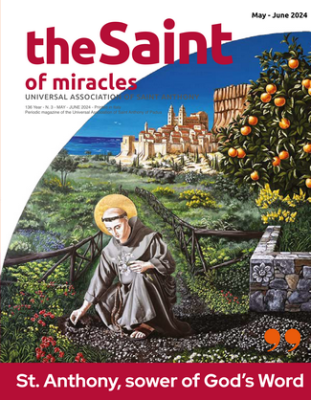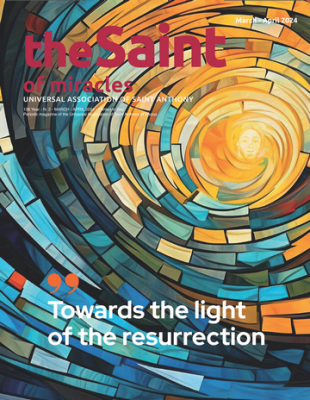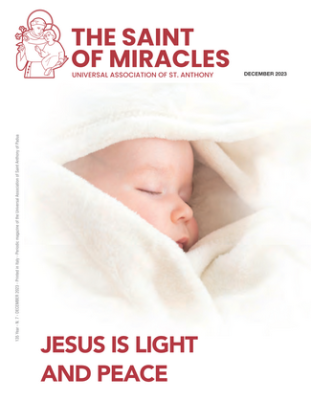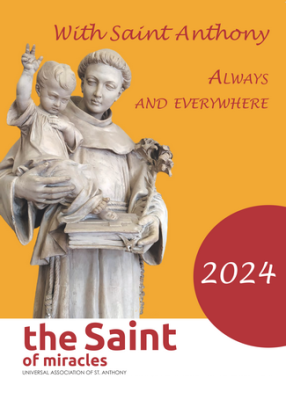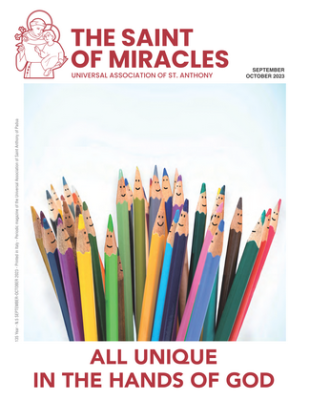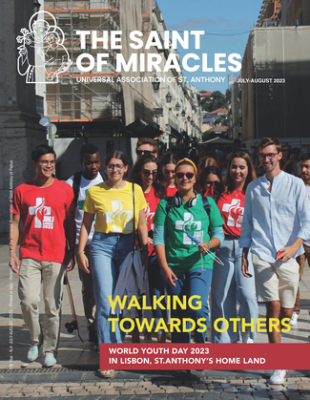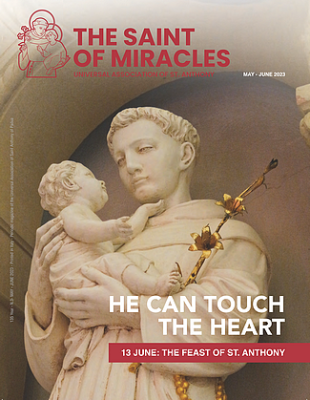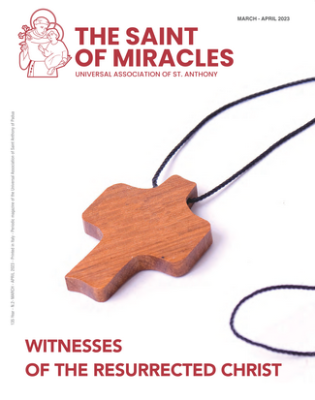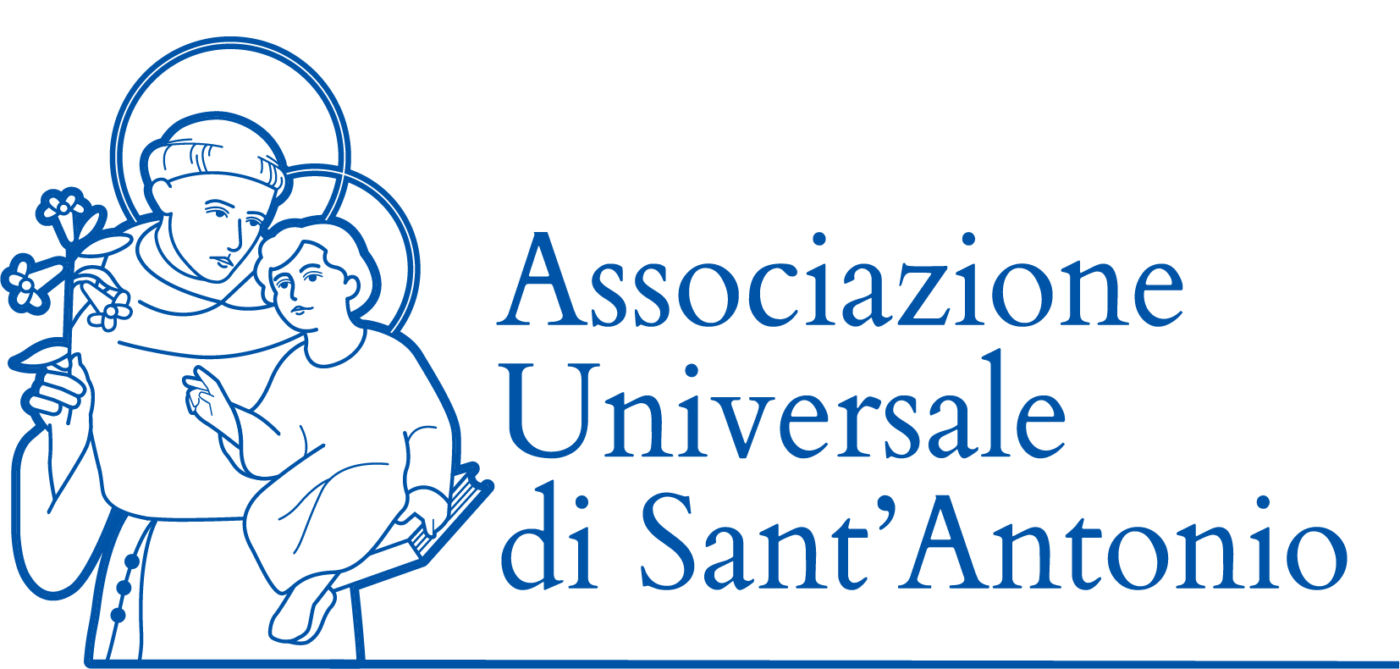Year 131 - November 2019Find out more
The beauty that time does not take away
don Lino Moscarelli
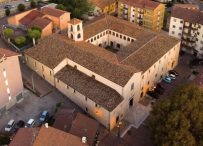
“Beauty will save the world”: although this famous statement by Prince Myshkin in “The Idiot” by Dostoevsky has not yet obtained a single key to interpretation of what the author really meant by the concept of beauty, we often find ourselves quoting this passage, most of the time in order to emphasize that the congenital beauty of art is not an end in itself, because it endowed with a salvific charm far from illusory.
Art is only the paradigm of the infinite conjugations of the idea of beauty in this world. What is, for us men of the third millennium, that beauty that saves? In the heart, the seat of the choices that shape our lives, each of us reserves a special place for what he considers worthy of the attribute “beautiful”. Beauty can become a beacon in the storm, leading us to a safe haven. But for that to happen, beauty must be capable of standing the test of time.
On the one hand, we are in search of authentic beauty, capable of transforming our time into a “beautiful time”; on the other hand, time itself, with its inexorable passing, guarantees us that beauty is such if it does not perish, but rather blossoms and matures day by day. Recognizing authentic beauty means going beyond superficial attraction and discovering what it is worth investing our time, our abilities and our energies in.
We must learn that, as for the ancient Greeks, beauty was determined by the proportion of each part to the whole, for us too a truly beautiful life depends on the harmony that we are able to give it. We must carefully reread the words of Saint Augustine, who reminds us that love is the beauty of the soul, to always keep in mind that without this irreplaceable ingredient—love, it is difficult to speak of beauty in the acts we perform.
Together with St. Thomas Aquinas, we must recover the sense of beauty that he gave for lost in his time... His reflection, obviously, did not want to be a purely aesthetic assertion. Beauty is endowed with the integrity of splendour: it is clearly manifested. But often our short-sighted eyes, blinded by the many artificial and deceptive lights, cannot see it. That is why it is becoming ever more urgent to educate ourselves to recognize it in our lives, so that it may become the true masterpiece of God.
Let us go to the school of the saints, who let themselves be fascinated by the beauty of a life spent in love. They did not fear the contradictions that love entails, but made them part of a harmonious whole, in the knowledge that it is the contrasts that give depth to a painting and without the contrasts the artist would not give us back the beautiful taste of truth.


 Italiano
Italiano Français
Français